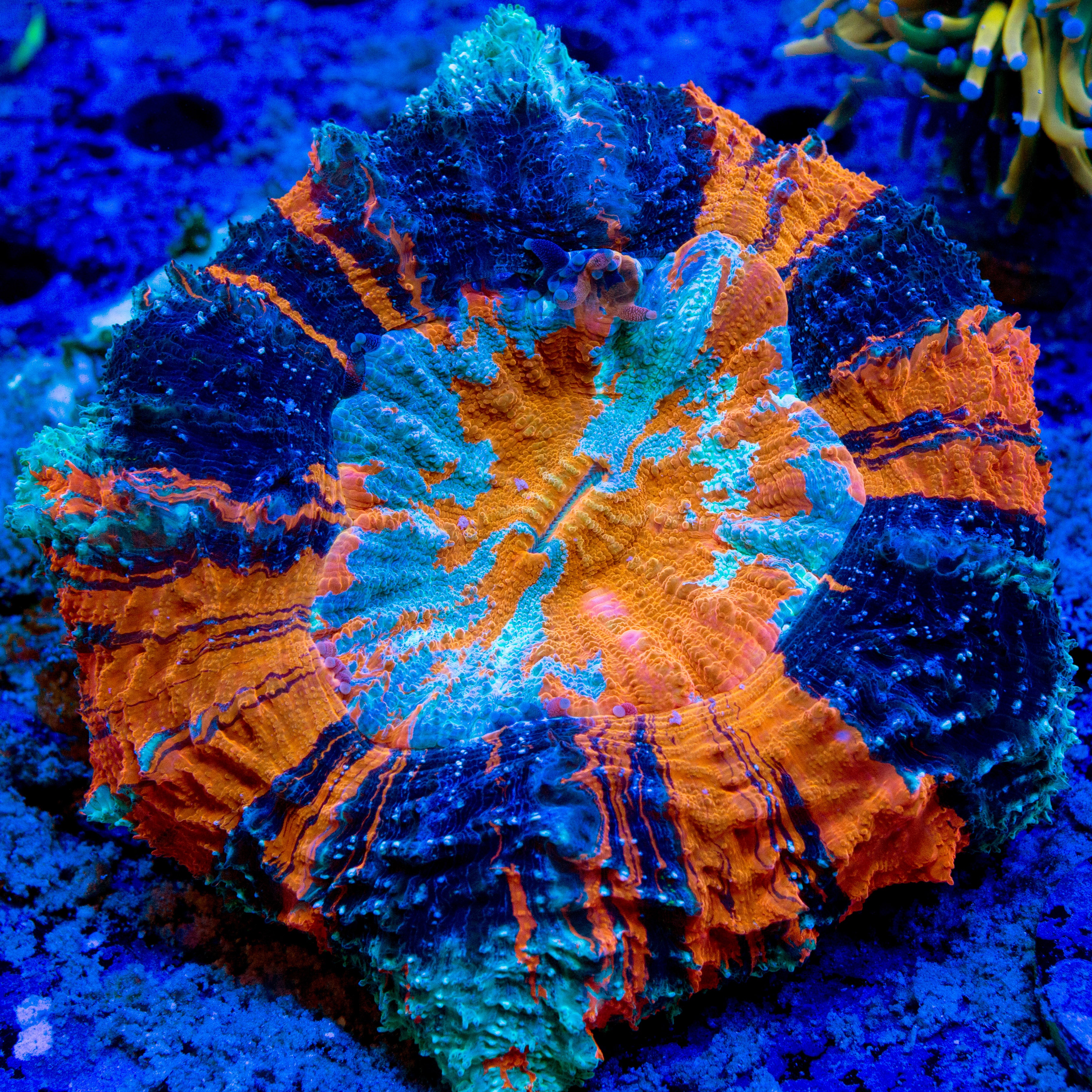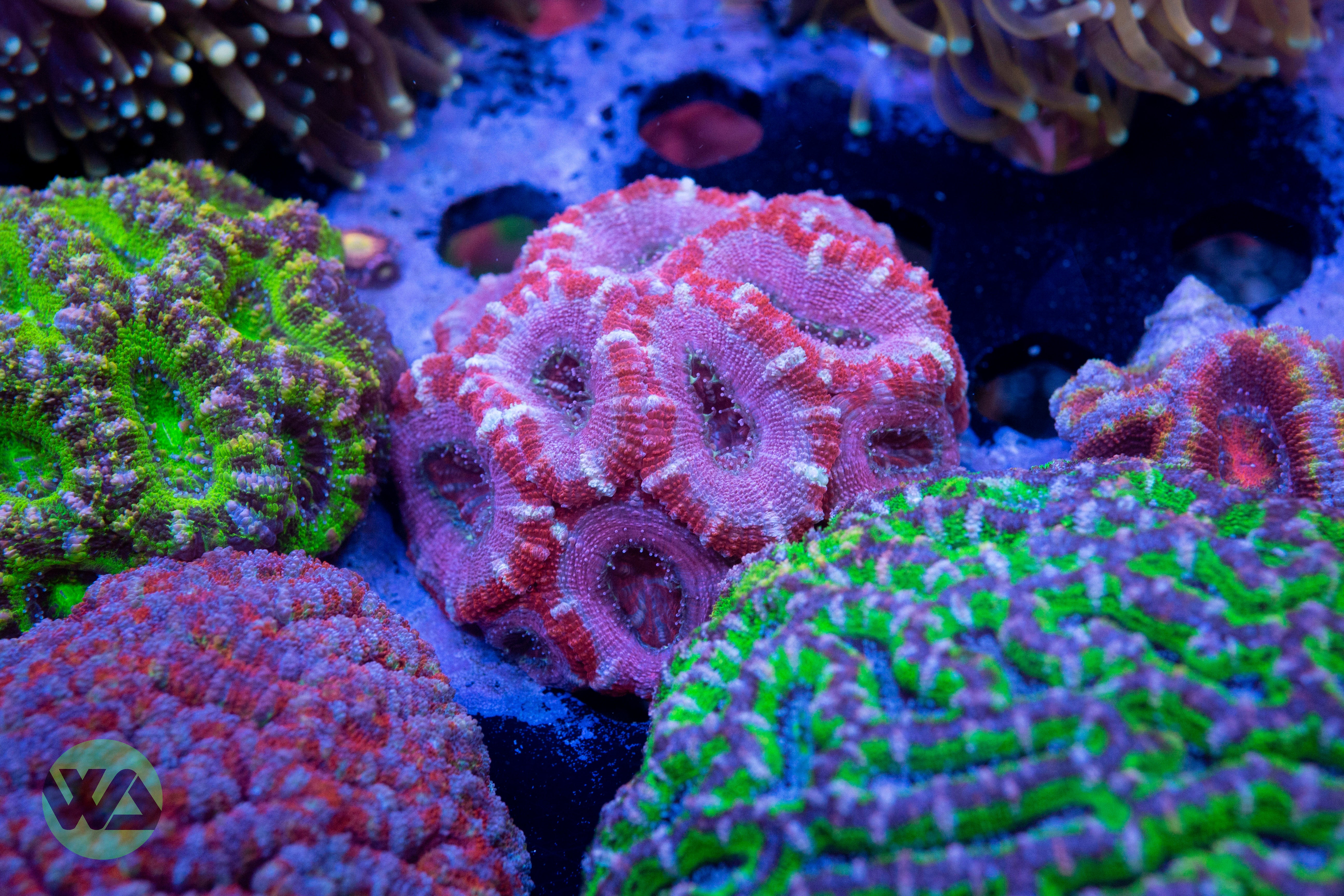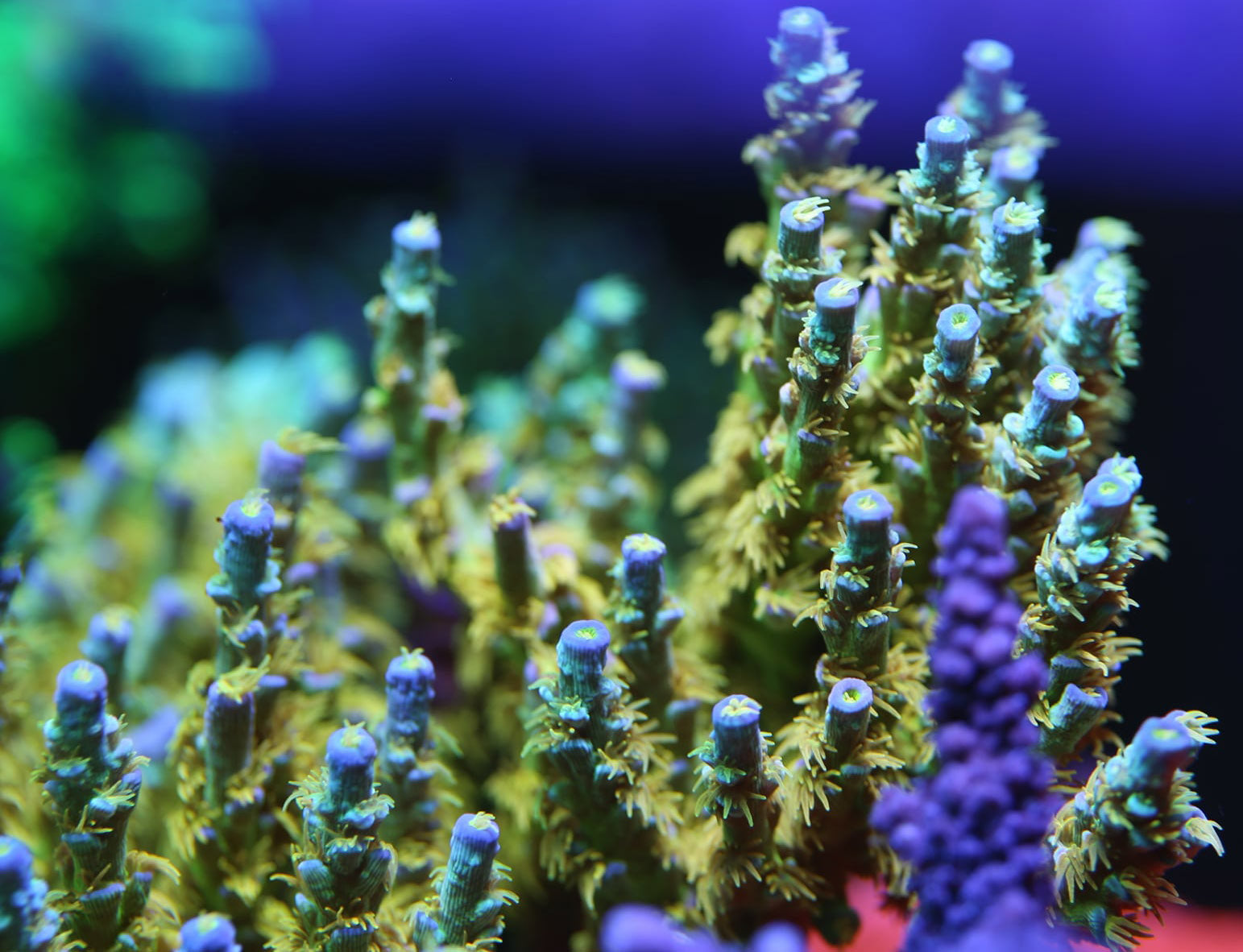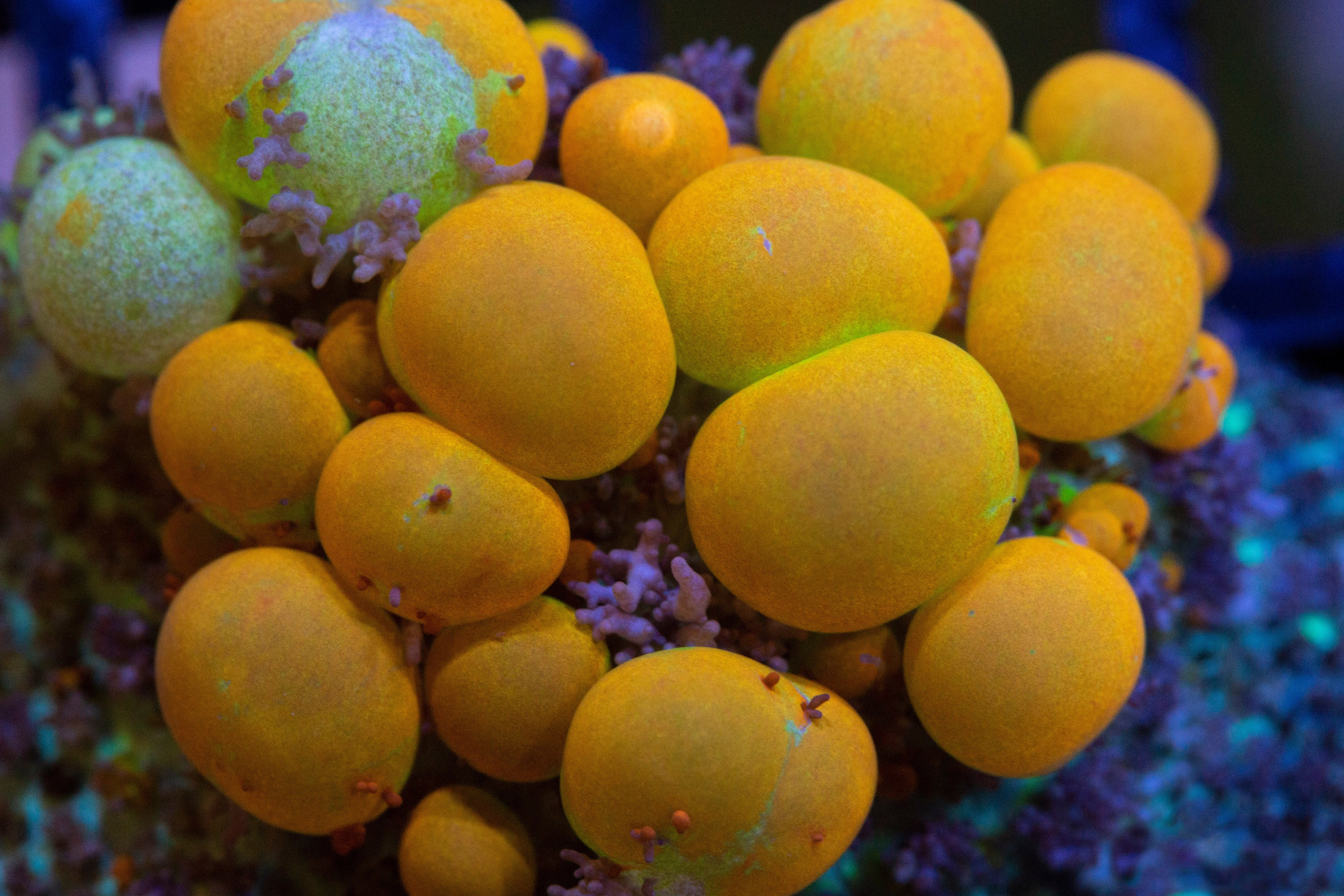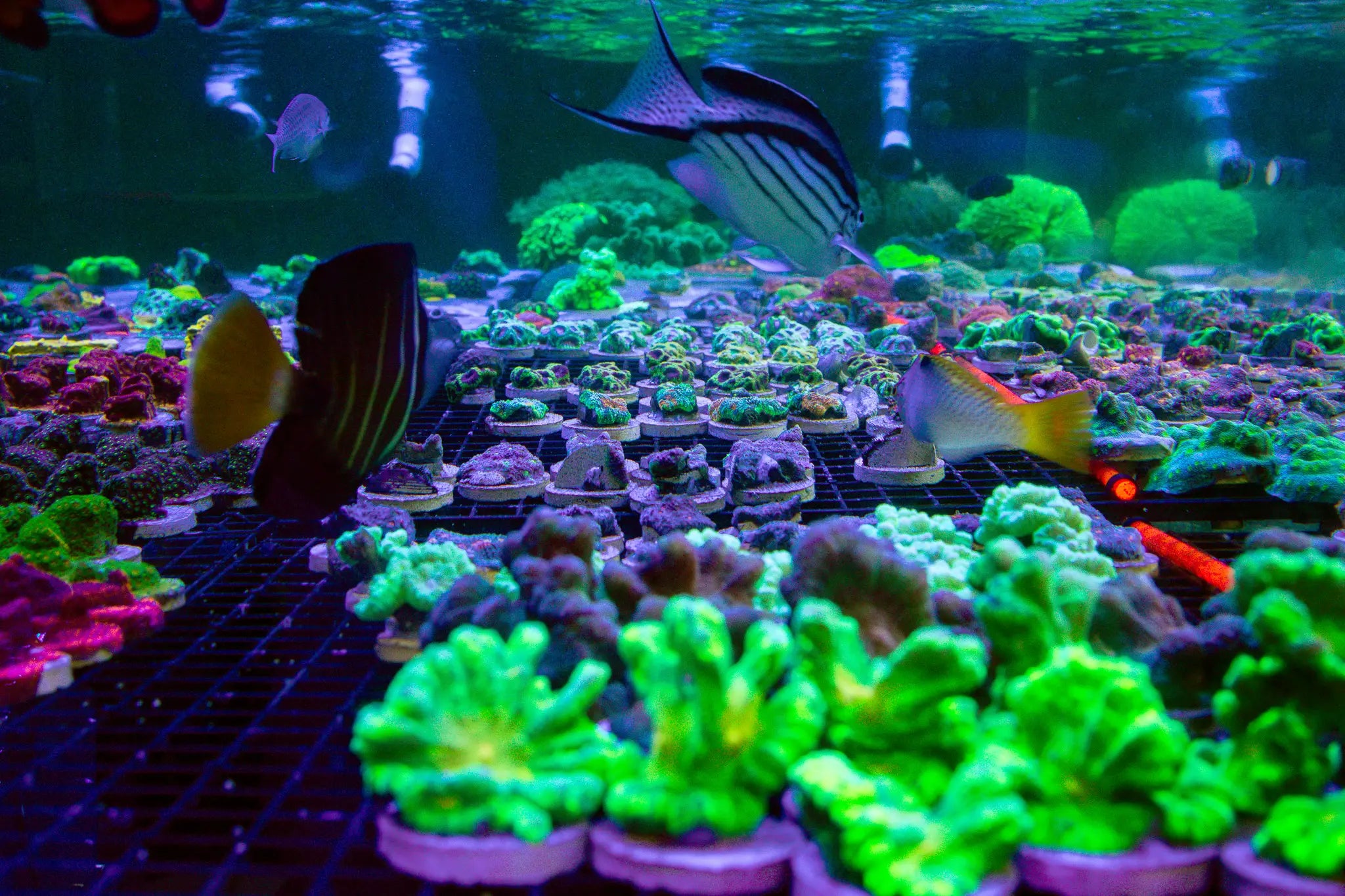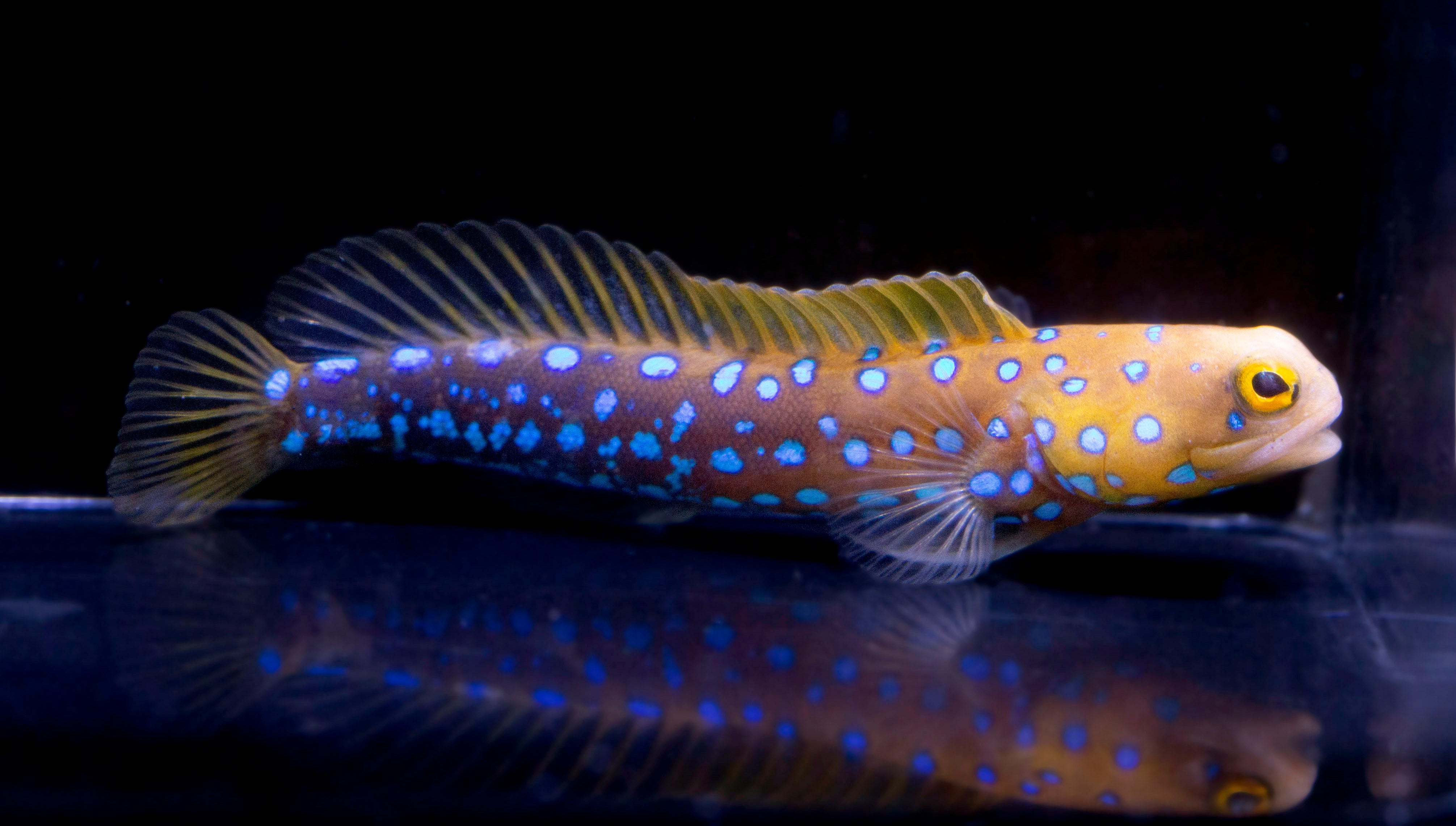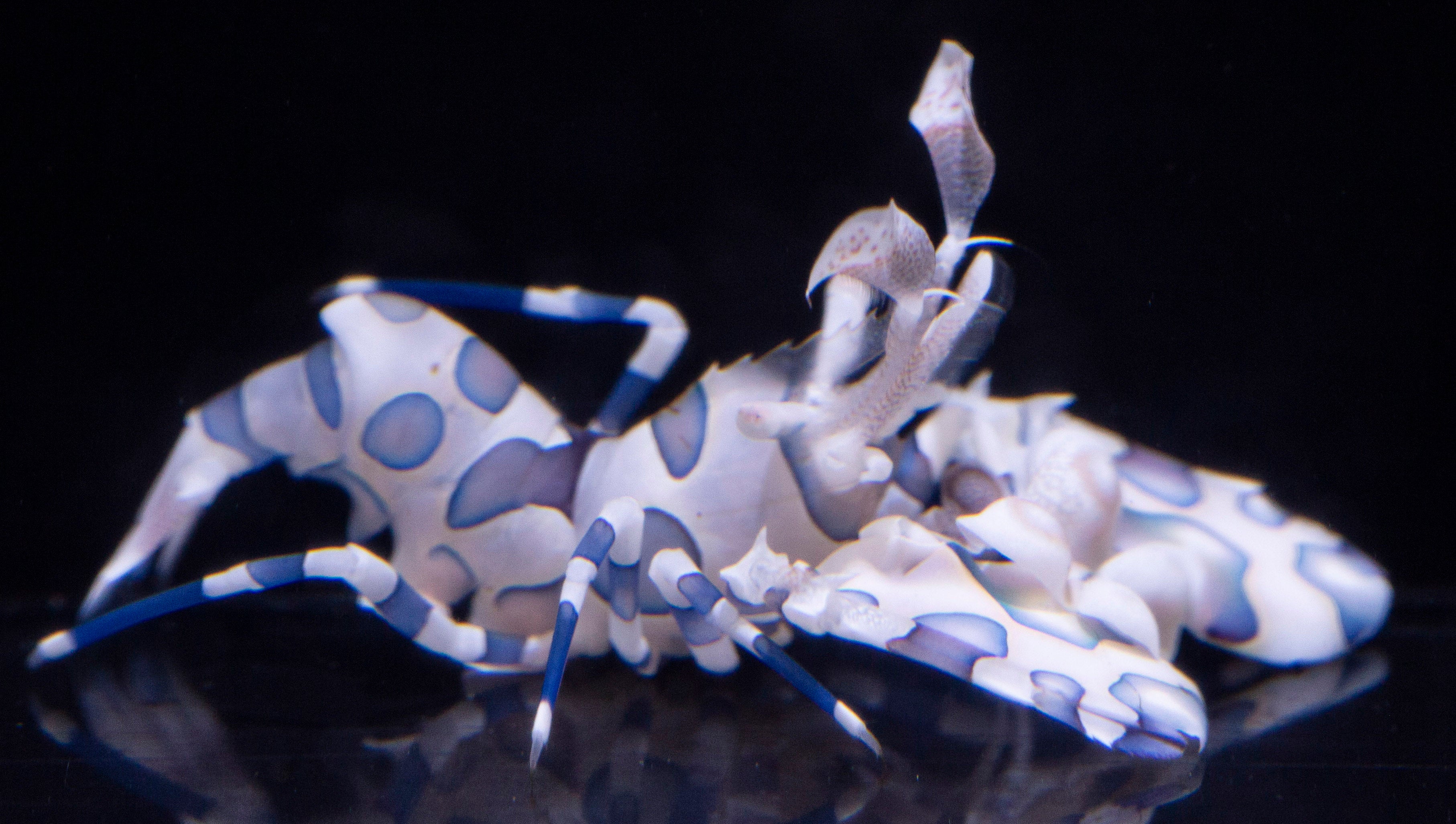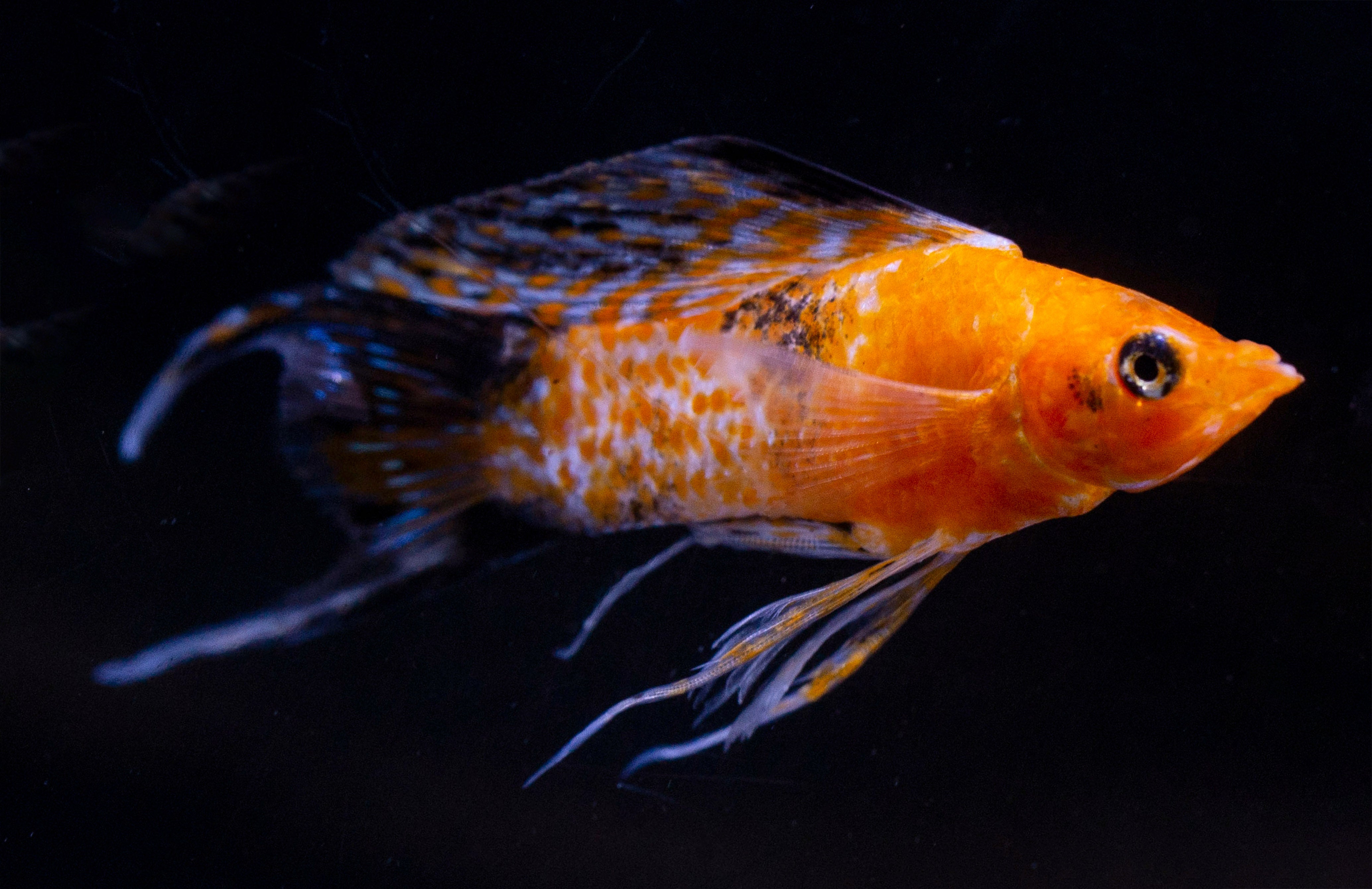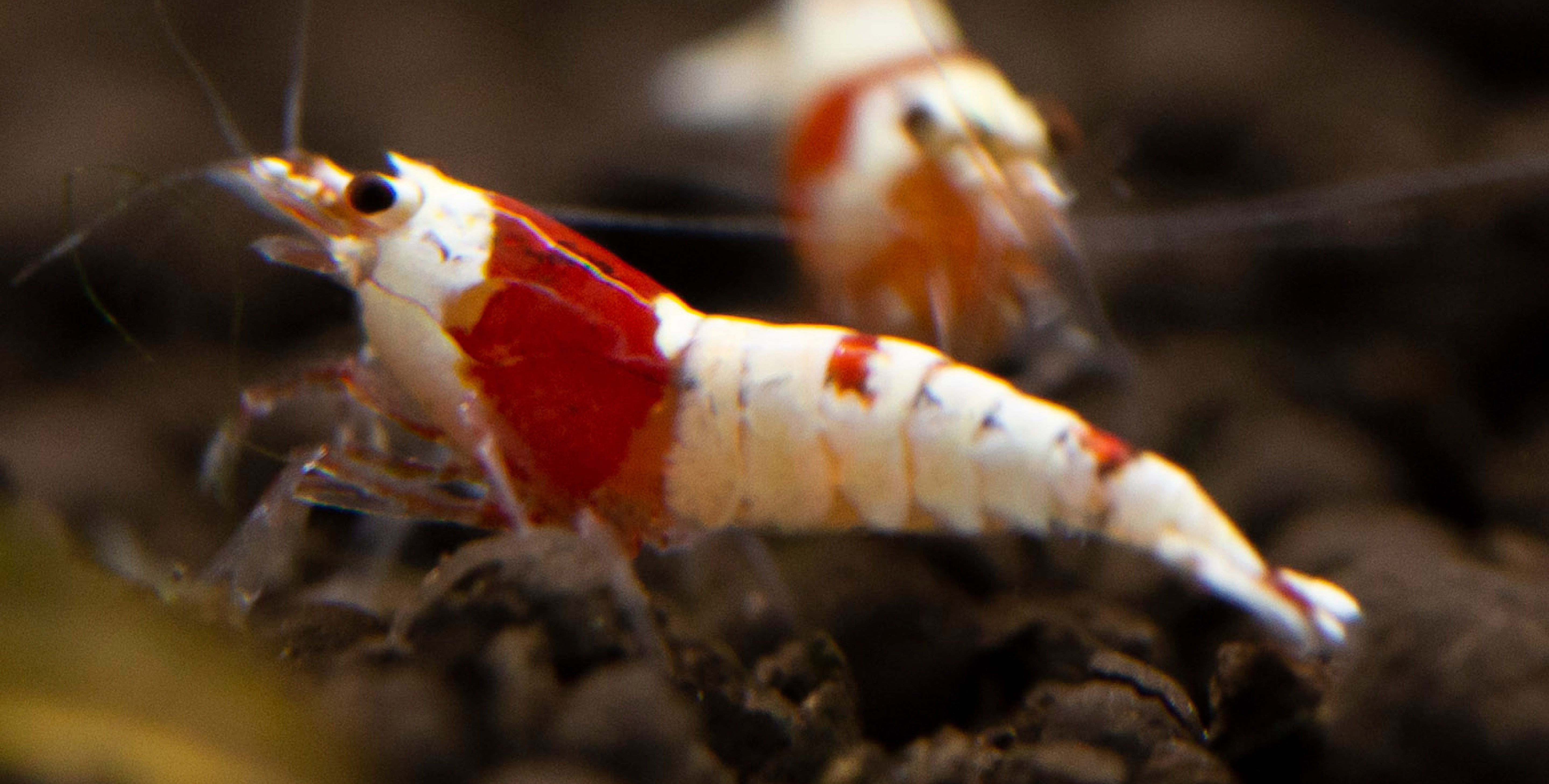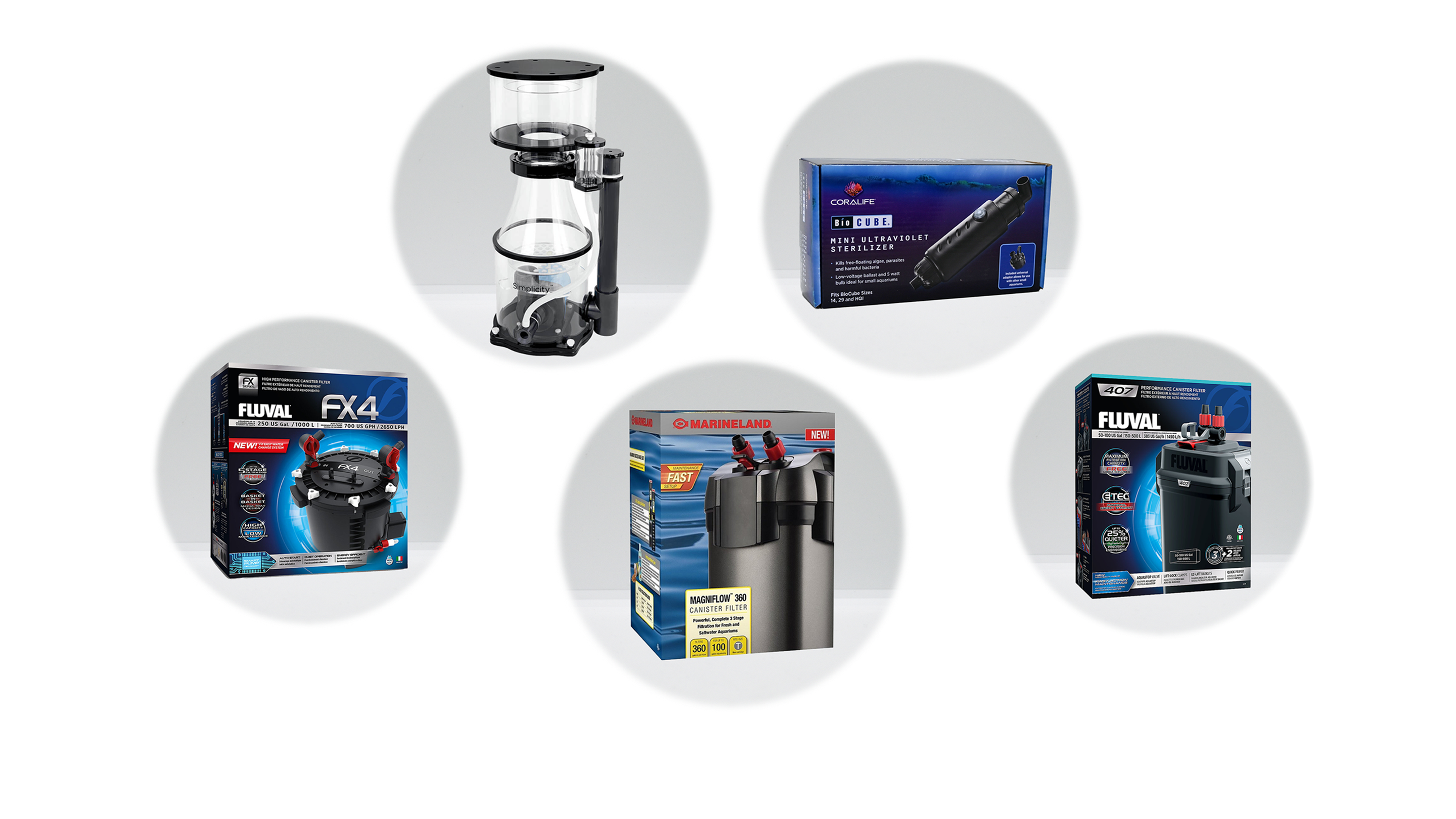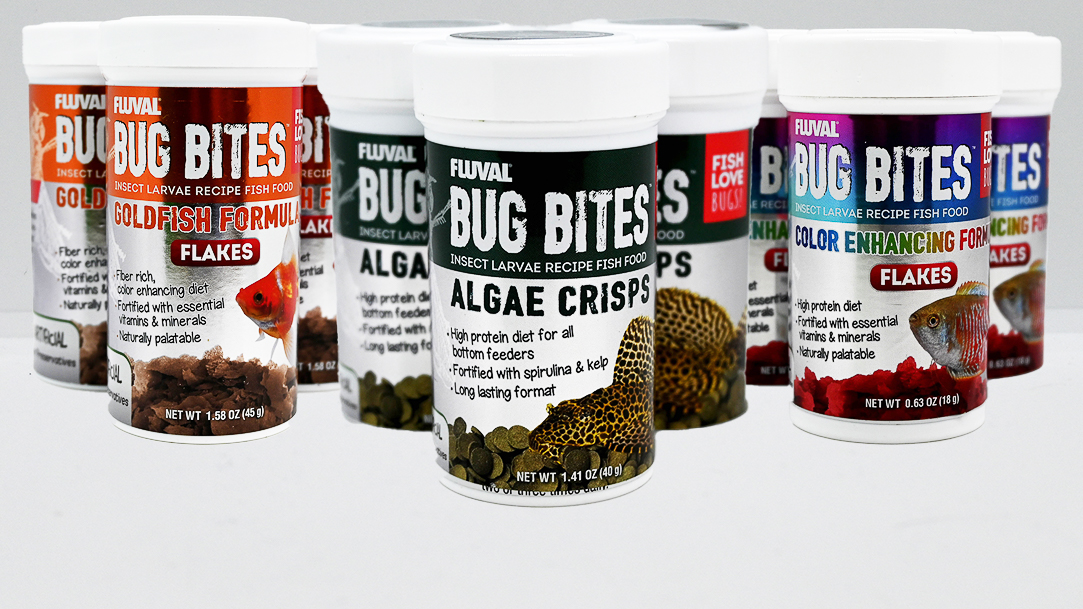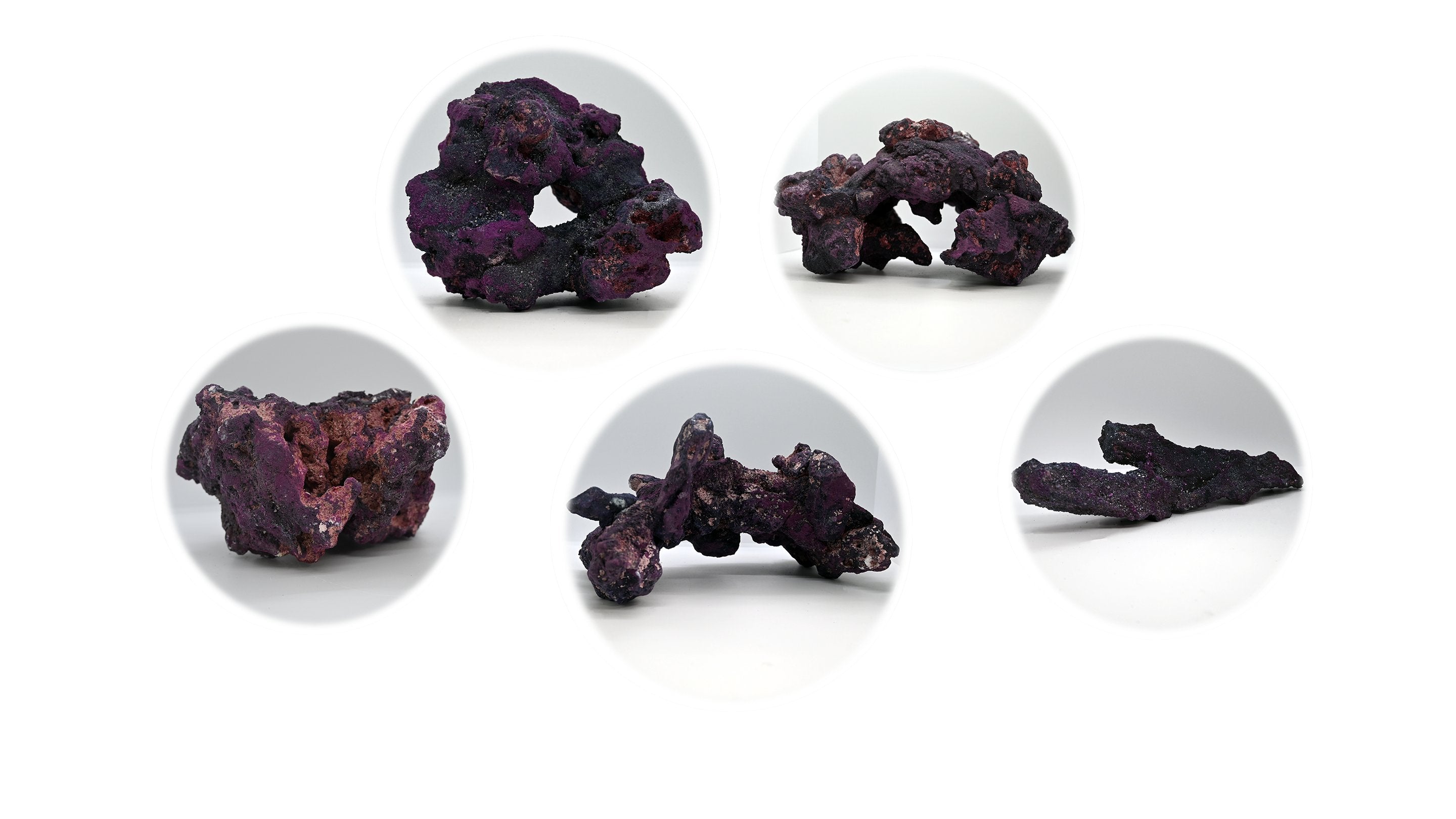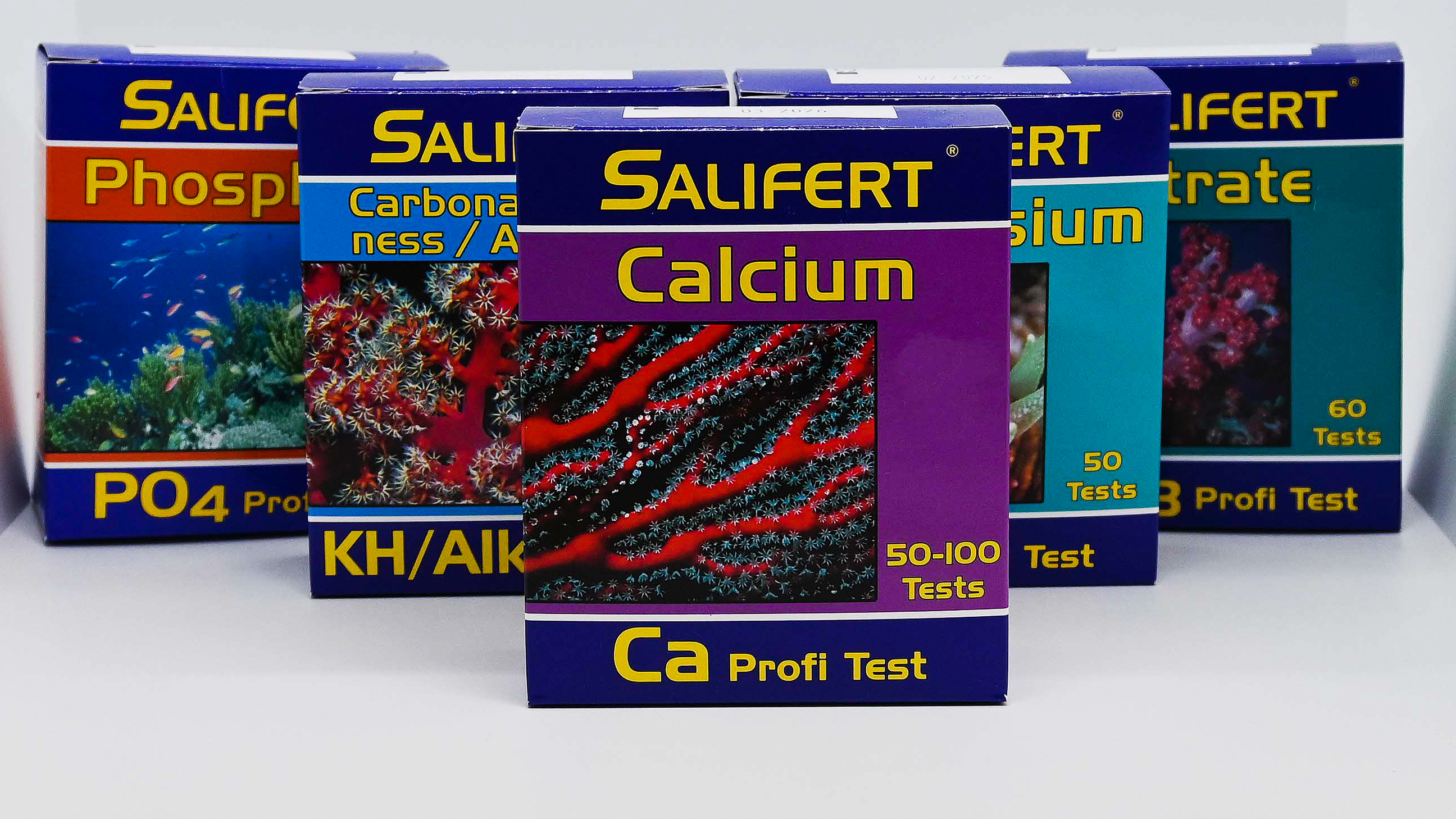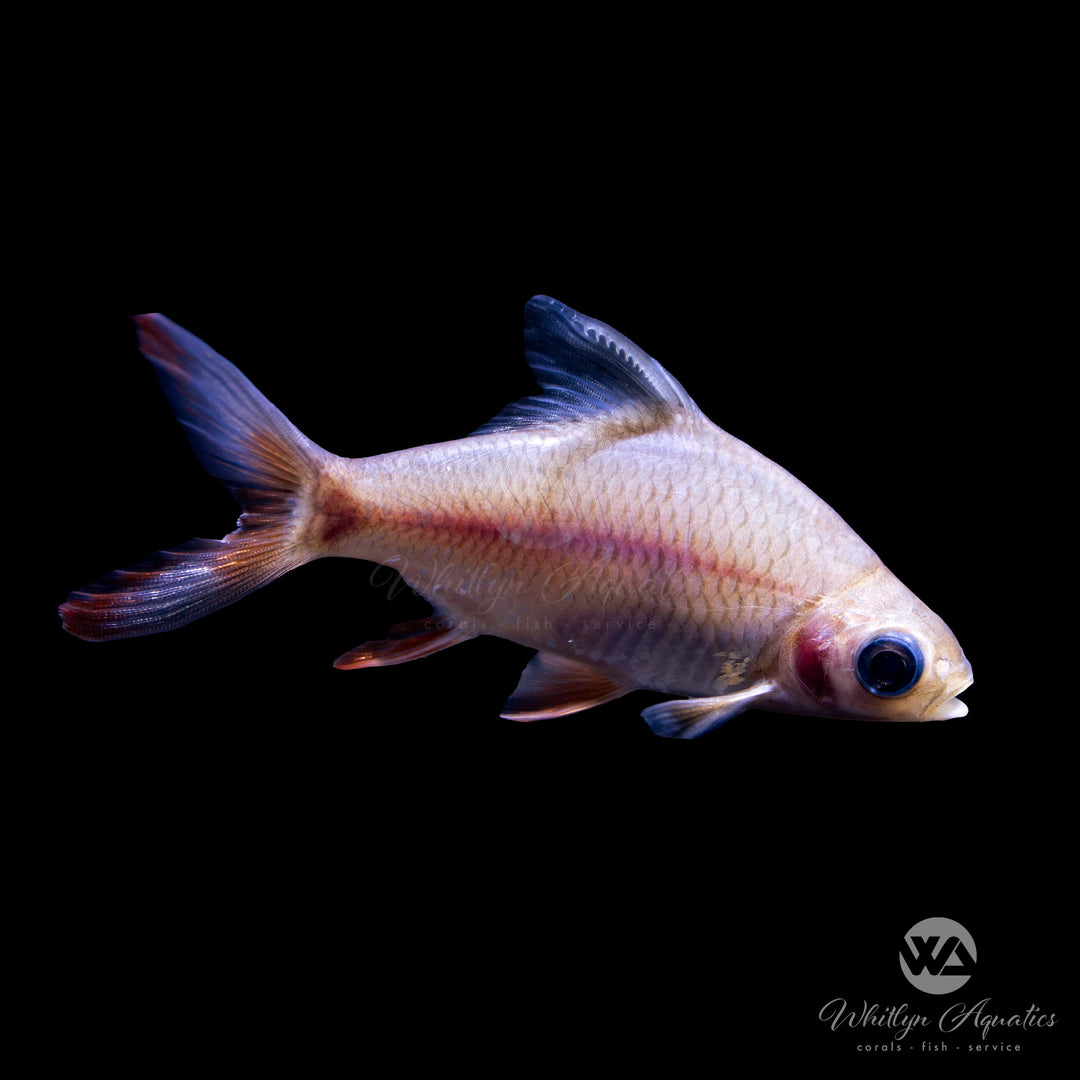
Panda Tinfoil Barb - Barbonymus altus
- In stock, ready to ship
- Backordered, shipping soon
Pickup currently unavailable at 8501 Baumgart Rd. - Retail Store
Pickup currently unavailable
8501 Baumgart Road
Evansville IN 47725
United States
+18124020600
Panda Tinfoil Barb - Barbonymus altus
The Panda Tinfoil Barb (Barbonymus altus) is an eye-catching freshwater fish known for its striking appearance and lively behavior. With its distinctive black and silver coloration and elongated body, this species is a popular choice among aquarists looking to add movement and character to their aquariums.
Description:
• Common Name: Panda Tinfoil Barb
• Scientific Name: Barbonymus altus
• Family: Cyprinidae
• Size: Typically grows to about 8-12 inches (20-30 cm)
• Color: Features a silvery body with bold black markings, including distinctive black spots on the dorsal and tail fins, resembling a panda pattern. This coloration adds a striking visual appeal to any tank.
Native Region:
The Panda Tinfoil Barb is native to the rivers and streams of Southeast Asia, particularly found in Thailand, Myanmar, and Laos. They inhabit areas with slow to moderate water flow and plenty of vegetation.
Aquarium Setup:
• Tank Size: Minimum of 50 gallons (190 liters) is recommended to accommodate their active swimming behavior.
• Water Parameters:
• Temperature: 75-82°F (24-28°C)
• pH: 6.5-7.5
• Hardness: 5-15 dGH (soft to moderately hard water)
• Diet: Omnivorous; thrives on a varied diet consisting of high-quality flakes, pellets, and live or frozen foods such as brine shrimp, bloodworms, and vegetable matter.
Care Level:
• Difficulty: Easy to moderate
• Temperament: Generally peaceful but can be somewhat territorial as they mature. Best kept in schools of at least 5-6 individuals to promote natural schooling behavior.
• Lifespan: Approximately 5-7 years with proper care.
Behavior:
Panda Tinfoil Barbs are active swimmers known for their playful and social nature. They enjoy darting around the tank, especially when kept in schools, making them an engaging species to observe. Their dynamic movement adds liveliness to the aquarium.
Additional Tips:
• Tank Mates: Compatible with other peaceful species like tetras, rasboras, and larger cichlids. Avoid small or overly aggressive fish that may stress or harm them.
• Breeding: Breeding in captivity is challenging and typically requires specific conditions. Spawning usually occurs in a separate breeding tank with fine-leaved plants for the eggs to adhere to.


